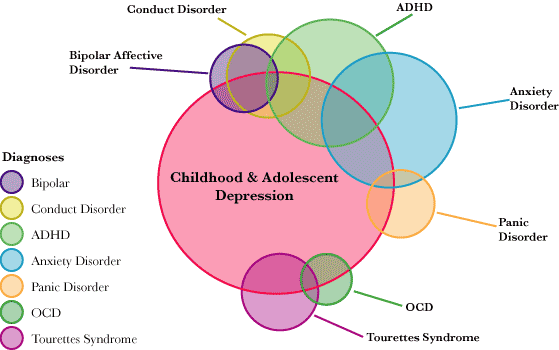
Dr. Roy Perlis of Massachusetts General Hospital and colleagues analyzed information from the STAR*D study, a clinical trial of more than 4,000 people testing four depression treatments in sequence, one drug at a time. the study subjects answered questions about their symptoms at the start of the study. Three in 10 people checked off at least one psychotic symptom on the list, and almost four in 10 said they had one manic symptom.
At the end of the study, those with at least one psychotic symptom, such as hearing voices or believing people were plotting against them — even if they were not diagnosed as psychotic — did worse through all four depression treatments than participants without these symptoms.
Perlis said in an interview that the study casts doubt on the commonly held view that bipolar disorder is widespread and underrecognized in people with treatment-resistant major depression, while raising concern about people with psychotic-like symptoms.
?The message I would emphasize is it still makes sense to be very careful in assessing people for bipolar disorder,? he said in an interview. “But it means we can?t automatically assume that because someone has irritability or has a family history of bipolar that they have bipolar disease and will respond differently to antidepressants.”